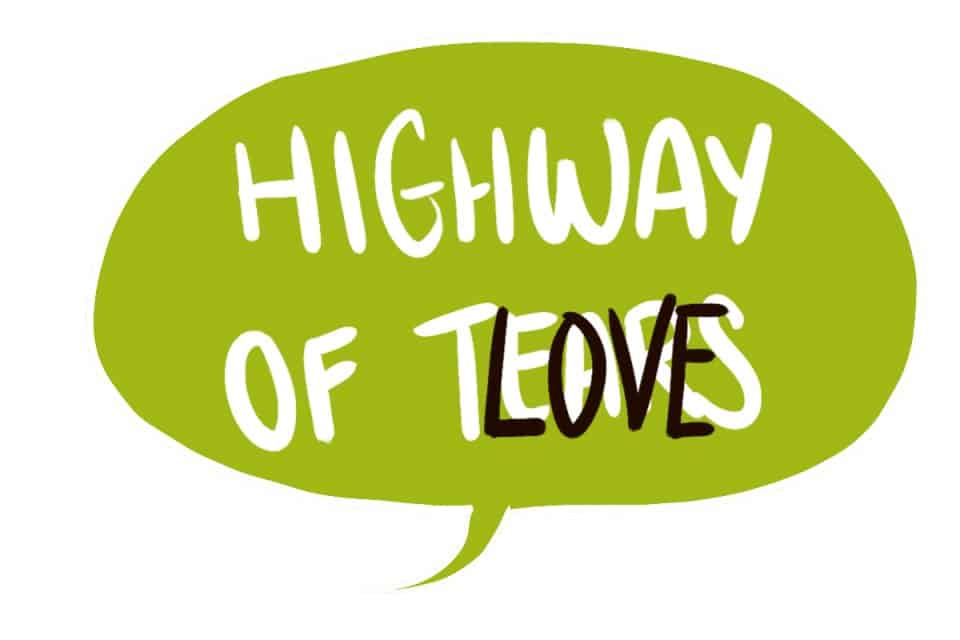Though actions and events are what shape history, it is language that animates dry records and dates into a cogent narrative. Although it is common knowledge that facts can be changed or omitted to assemble a picture of the past markedly different from its actual occurrence, many appraisals of historical bias fail to critique the actual rhetoric of the narrative, the lexicon of words historians use as tools to define, mark, and categorize their way through the marshes of history. Consequently, beyond simply exposing the atrocities European governments have tried to cleanse from their colonial records, the language of colonialism must also face greater scrutiny.
The term “Africa,” for instance, far from being a term used by the thousands of ethno-linguistic peoples on the continent to denote kinship, instead originates from the West’s conception of the African continent. “Africa” comes from the Latin “Afri,” which the Romans used to refer to Ancient Carthage, the only area of the continent of which the West had knowledge.
This is in marked contrast to the term “Europe.” Most groups in Europe had, since the Ancient Greeks, had conceptions of themselves as being a part of “Europe,” bound together by shared linguistic-cultural ties to Latin and Greek cultures. Largely unexplored by the West throughout history, Africa has long been portrayed as the “dark continent,” a mysterious landmass whose wildly diverse, ethno-cultural peoples (over two thousand distinct groups), were coalesced into the term “Africans” to denote their membership to a geographic boundary drawn and named by the West.
In the “New World” Columbus famously “discovered,” the indigenous populations of North America are labelled in a similarly prejudiced fashion. Take “First Nations”. — “first” is relative to the foreign nations that came after; no pre-colonial era indigenous people had conceptions of themselves as being “first” on the continent. Or consider “Native/Aboriginals” — if disparate ethno-cultural groups are to find common identity in being native, then should not the French/English/Spanish be “Settlers” instead of carrying their national identities onto the continent? And of course, “Indian” is a term derived from the West’s initial failure to differentiate the Americas from India.
Other terms commonly bandied around in historical writing betray similar Western prejudices. Consider the semantic differences between “decolonization” and “liberation.” While the former connotes an action in which power and the agency to rescind colonial authority rests on the part of the coloniser, the latter places the emphasis and power on the oppressed group fighting off colonial rule – an empire decolonizes, a colony liberates itself. It is telling therefore, that the bulk of current historical writing – including the names of several UN agencies – refers to the period of imperial decline after WWII as “decolonization” and not as “wars of liberation.”
Similarly, the semantic difference between “rebellion” and “reclamation” reveal the Western bias when referring to anti-colonial demonstrators as “rebels.” Whereas “rebellion” connotes disobedience to an authority and gives emphasis and legitimacy to the authority, an alternative word such as “reclamation” gives legitimacy to the party seeking to recover their historical claim to a land taken from them.
Beyond single words, commonly used phrases often show signs of Western prejudice. The most common way of describing a country whose colonial rulers were replaced by local authority, for instance, is that the colony was “granted independence.” As in the cases mentioned above, the phrase gives legitimacy and power to the authority “granting” independence. The word “grant” has semantic commonalities with words such as “charity,” “donation,” and “privilege”; the phrase suggests that independence is a privilege, an honour bestowed from a more powerful and legitimate authority to a lesser entity.
There are also undertones of condescension in the word “independence,” which suggests that a country under colonial rule is somehow dependent on imperial authority to be a legitimate entity, and only after consent by the imperial authority can said country be allowed to exist on its own. There is a whole paradigm shift in semantics if phrases such as “the colony was granted independence” were changed to “the country reclaimed their land.”
It is the paradoxical nature of language that it can be at once enduring and yet infinitely malleable; it only takes one generation to change the whole discourse on colonial relations, and it is our duty as students and as torchbearers for our successors to be critical of words and phrases in historical scholarship.
Jeffery Chen is a third–year student at Trinity College studying English and European studies.


